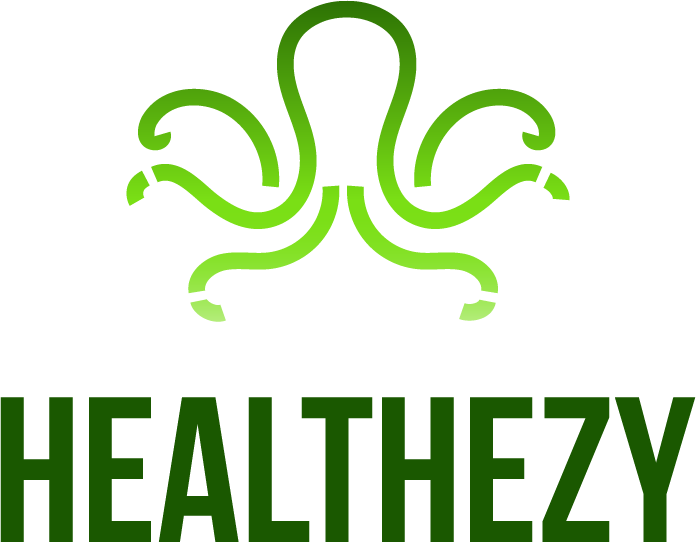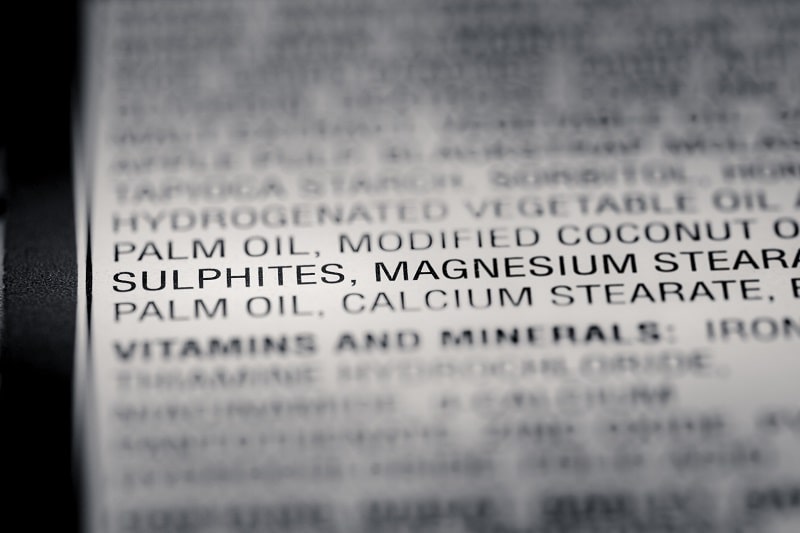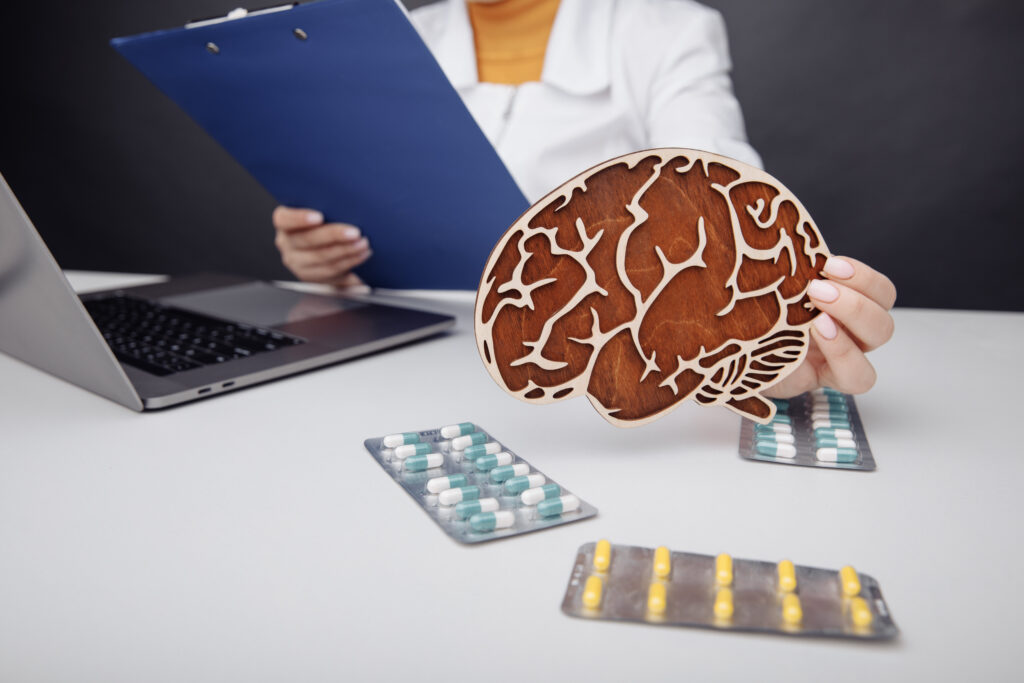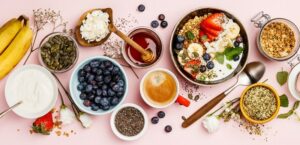Top 10 Additives To Try and Avoid: Diet Health
When considering a healthier diet and lifestyle, most individuals immediately think about consuming more fruits, vegetables, and lean proteins. Yet, just as essential as the nutrients we consciously add to our meals, are the hidden additives we should try to avoid. While some additives are harmless or even beneficial, others have been linked to health concerns ranging from minor irritations to more severe conditions. Here, we detail the top 10 additives you should be aware of for optimum diet health.
1. Artificial Sweeteners
While they may seem like a calorie-saving grace, artificial sweeteners like aspartame, sucralose, and saccharin have been under scrutiny for years. Some studies suggest a link between these sweeteners and various health issues, including headaches, gut imbalances, and even an increased risk of certain cancers.
2. Monosodium Glutamate (MSG)
Common in many processed foods and some restaurant dishes, MSG enhances flavor but has also been tied to symptoms like headaches, flushing, and heart palpitations in sensitive individuals.
3. Trans Fats
Mostly found in processed foods, trans fats raise LDL (bad) cholesterol levels, reducing HDL (good) cholesterol levels, leading to increased heart disease risk. Though many companies have reduced or eliminated trans fats from their products, it’s still essential to check labels.
4. BHA and BHT
Butylated hydroxyanisole (BHA) and butylated hydroxytoluene (BHT) are synthetic antioxidants used to extend shelf life in various foods. Though the FDA classifies them as safe, some studies suggest they may be carcinogenic.
5. Sodium Nitrite and Sodium Nitrate
These additives, often found in processed meats, can transform into nitrosamines in the body, compounds that have been linked to various cancers.
6. High Fructose Corn Syrup (HFCS)
HFCS, common in sodas and many processed foods, has been linked to obesity, diabetes, and heart disease. Its high fructose content can lead to increased fat storage in the liver.
7. Artificial Colors
Though they make foods look appealing, some artificial colors have been associated with behavioral issues in children and may pose a cancer risk.
8. Propyl Paraben
Found in some food products, propyl paraben disrupts hormone function and has been linked to reduced fertility and an increased risk for certain cancers.
9. Sodium Benzoate
Used as a preservative in many beverages and acidic foods, when mixed with ascorbic acid (Vitamin C), sodium benzoate can form benzene, a known carcinogen.
10. Phosphates
Often used in sodas and processed meats, excessive phosphate consumption can affect bone health and kidney function.
In the intricate journey towards better health, understanding these additives is pivotal. While avoiding them entirely may be challenging, reducing their intake by reading product labels, opting for whole foods, and preparing meals at home can make a significant difference.
Eating healthily is more than just adding beneficial foods to our diet. It’s about understanding the complete makeup of our food, including the less noticeable, potentially harmful components. As we navigate our daily meals and snacks, let’s be informed and make choices that align with a healthier, happier life.







